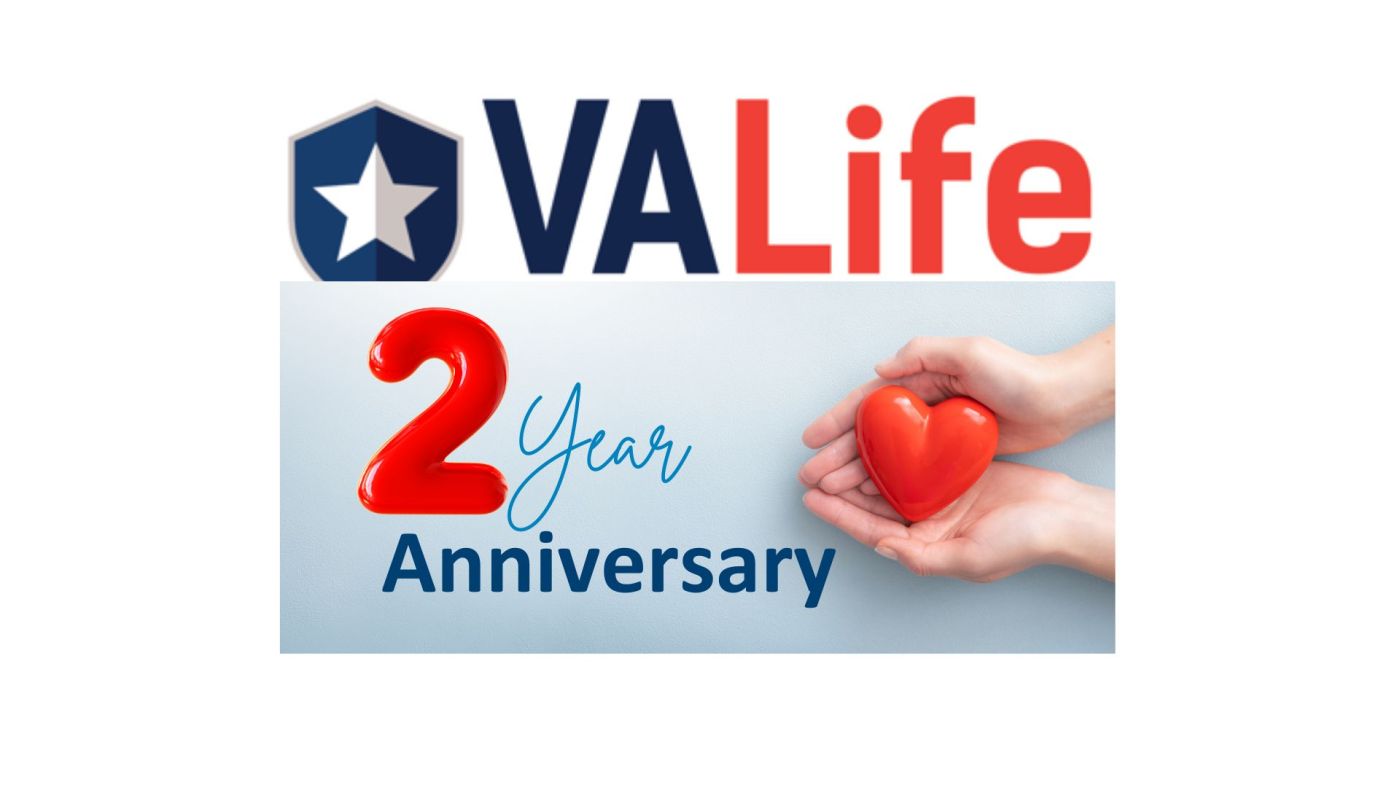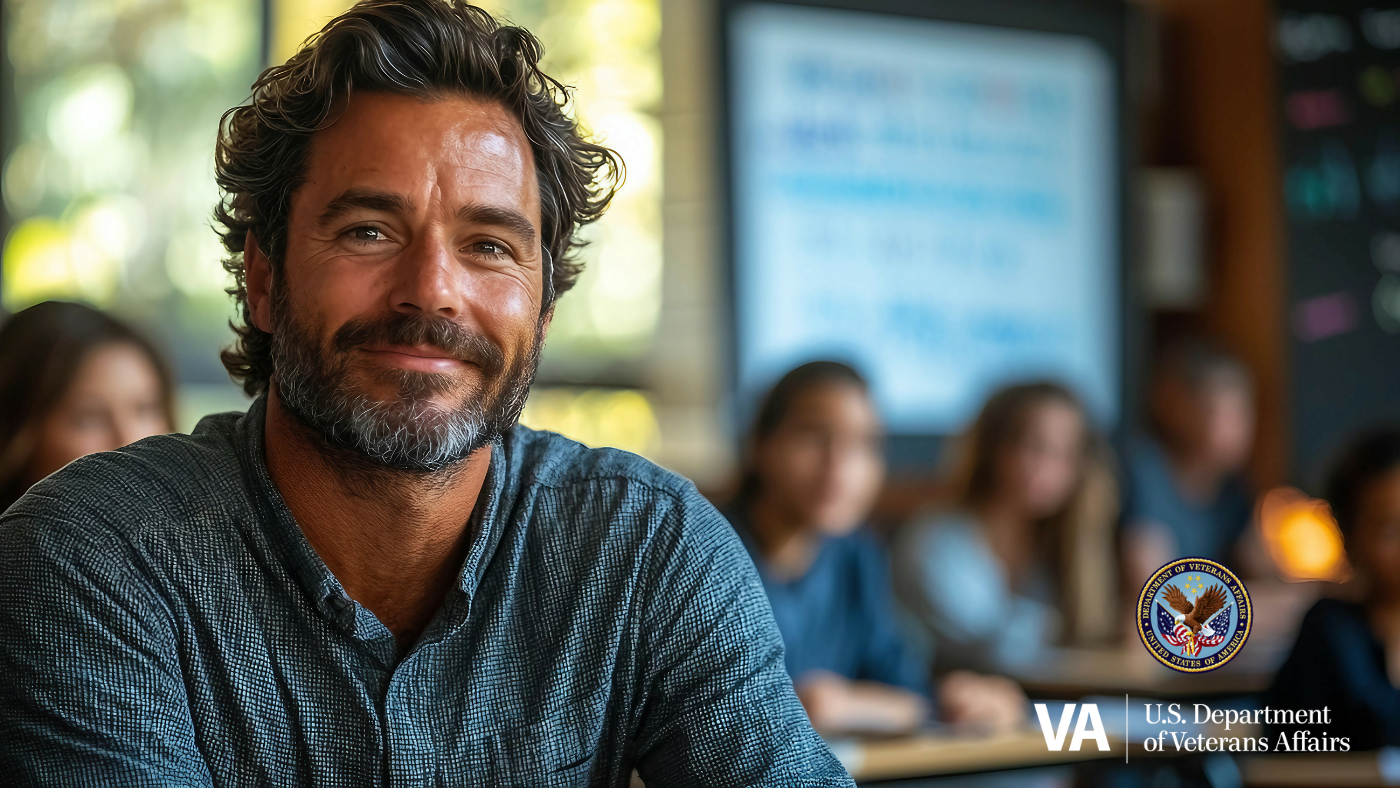More than 42,000 Americans die by suicide every year; with more than 6,000 Veterans. And Veterans are 1.5 times more likely to die by suicide than civilians. Suicide rates have been steadily climbing for several years, and suicide is now the 10th leading cause of death in the U.S., totaling more than twice as many deaths as homicide. Preventing suicide among Veterans is VA’s top clinical priority. VA staff use data to continually improve and tailor suicide prevention efforts to reach all Veterans — not just those identified as at risk.
Homelessness is a significant risk factor for suicide; recent VA research shows that Veterans with a history of homelessness are five times more likely to attempt suicide than other Veterans. Among Veterans who are considered at high risk for suicide, 50 percent have had some sort of contact with a VA homeless program. Because of these troubling statistics, VA works aggressively to connect homeless and at-risk Veterans to both homeless programs and suicide prevention programs.
In addition to providing clinical care to Veterans who have had thoughts of suicide, the VA Office of Mental Health and Suicide Prevention creates resources to combat this public health issue among Veterans. One such resource is REACH VET (Recovery Engagement and Coordination for Health – Veterans Enhanced Treatment). REACH VET uses clinical and administrative data in Veterans’ medical records to identify and proactively engage in care those who may be at risk for hospitalization, illness, suicide, and other adverse outcomes. In short, REACH VET works to help inform VA providers of the most vulnerable Veterans under their care.
Another VA initiative to bolster suicide prevention efforts is S.A.V.E. This training is available online and provided by VA suicide prevention coordinators to staff and community members who can help identify Veterans who may be at risk for suicide and help them find appropriate treatment. Community members who participate in the training gain a better understanding of the scope of the suicide problem in the U.S. and among Veterans, learn to recognize the warning signs of someone who may be thinking about suicide, and learn what steps to take to connect them with care.
Dr. Keith Harris, the national director of clinical operations for VHA Homeless Programs, believes that providing S.A.V.E. training to Homeless Programs staff, grantees, and contractors will have a significant impact on VA’s suicide prevention mission.
“By taking S.A.V.E. training outside the walls of VA to the general public and to partner organizations that serve Veterans, we increase the likelihood that Veterans who are thinking about harming themselves will be immediately directed to trained professionals who can help prevent disasters from occurring,” Harris said. “There’s no shortage of people who want to help prevent suicide among Veterans. S.A.V.E. training provides non-clinicians with the tools to help.”
Veterans in crisis or having thoughts of suicide, and those who know a Veteran in crisis, can call the Veterans Crisis Line for confidential support 24 hours a day, 7 days a week, 365 days a year. Call 1-800-273-8255 and Press 1, text to 838255, or chat online at VeteransCrisisLine.net/Chat. In addition, every VA medical center has a Suicide Prevention Coordinator (SPC) to make sure Veterans receive needed counseling and services. Find your local SPC at www.VeteransCrisisLine.net/resourcelocator.
More Information
- Visit VA’s Homeless Veterans website to learn about employment initiatives and other programs for Veterans exiting homelessness.
- Refer Veterans who are homeless or at imminent risk of becoming homeless to their local VA medical center, where VA staff are ready to assist, or urge them to call 877-4AID-VET (877-424-3838).

Topics in this story
More Stories
How much do you know about VA care, benefits and services? Don’t miss out on what you've earned—check out the "2025 VA Federal Benefits Guide for Veterans, Dependents, Survivors, and Caregivers" handbook to learn more.
VA’s newest life insurance program, Veterans Affairs Life Insurance (VALife), has been open for two years and now provides full coverage to its policyholders who enrolled in January 2023.
VA has updated its process for awarding G.I. Bill benefits. This means that many Veterans who served multiple periods of military service (for example, Veterans who reenlisted) may be eligible for additional benefits for themselves or their beneficiaries.







Good point on the necessity of helping through the specific lens of preventing suicide. The negativity is strong around this issue, and it doesn’t seem that the public is aware that 1 in 7 suicides is committed by a VET. Good on Dr Harris for raising awareness through the program.
I’ve been in touch with the homeless coordinator at Hampton Virginia VA hospital. I’ve been homeless for 10 months. Iwas given phone number after phone number nothing happened. I need a caseworker for HUD VASH that I just learned about. I need assistance with getting my 100% as I am unemployable. (redacted) Thank You
I am a vet who will be homeless on Friday. I have tried to avoid this but run into nothing but walls. I am a victim of MST. Even with strong proof of his acts (he was nurse at base hospital I was patient) Which included stalking over 5 months all of which was reported. and documented, I pressed charges and he was acquitted at court martial. I had only been in for a little over a year. I had great reviews even Top Secret SIOP ESI clearance. I had already signed to extend my enlistment due to New assignment. I loved being in Air Force. Yet he got off, I was advised to leave military then because of his acquittal. Now many years later I am in need of help. ALL I HEAR IS YOU DON’T HAVE SERVICE RELATED DISABILITY, YOU DIDN’T SERVE DURING WAR TIME. I should have been given a service related disability at time of my discharge. Too bad facts don t apply when a veteran seeks help. I have become a recluse who doesn’t speak to people because of trust issues. I used to be strong minded female who has depended on herself 100%. But after being told I’m not worthy of any benefits I earned it paid for serving in military and working law abiding citizen who paid taxes, I got sick, money ran out and denied or been on wait lists for so long rules change, etc,etc. Yet still had to pay my bills. Now everything is gone money, health. I have mental health issues because when you hear your not worth helping you believe it. I believe it. I do wish death over living on streets. But I won’t take my life. I believe I am breathing not living !
Nothing these corupte thievs does works for anyone but themselves